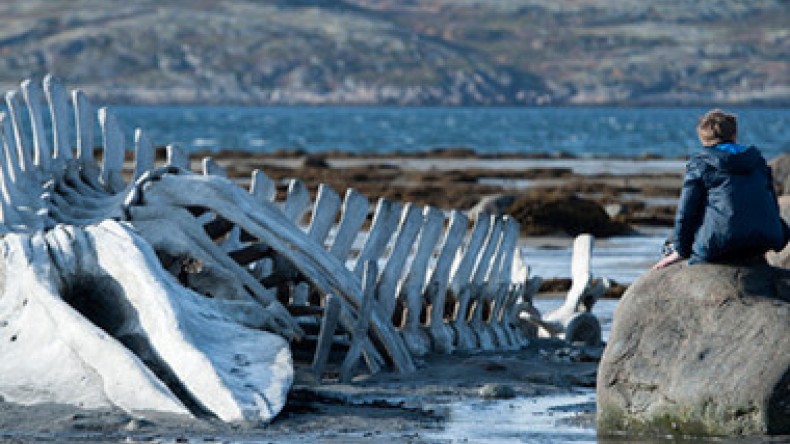
‘Leviathan’ sensational film screening cancelled in Azerbaijan
Film-distributing company cancelled the screening of the sensational film ‘Leviathan’, Musa Akhundov, the marketing manager of the Azerbaijani cinema network ‘Park Cinema’ said to BBC, Azerbaijani information portal ‘Haqqin.az’ reports.
According to Akhundov, even though the film was initially planned to be screened in Azerbaijan, the distributing company removed it from rental. ‘Leviathan’ screening is not planned in the near future, the article reads.
However, as Azerbaijani information agency ‘Turan’ reports, Cinema28 informed that they might screen the film in the near future.
“‘Leviathan’ tells the story of the struggle of a small provincial town resident (Aleksey Serebryakov) against the unscrupulous mayor (Roman Madyanov). It has already become one of the most acknowledged Russian films. Andrey Zvyagintsev’s social drama reveals a whole range of problems in the Russian reality nowadays: the officials’ corruption and arbitrariness that don’t leave room for the ordinary people to live,’ the article reads.
‘Turan’ also reminds that ‘Leviathan’ has already been awarded in Canne film festival for Best Screenplay and won the American award ‘Golden Globe’ for the nomination ‘Best Foreign Language Film 2014’. The film is also nominated for Oscar. In Russia the film has been available for rental since 5 February, arousing Kremlin’s dissatisfaction immediately after. As a result, the film screenings were halted in many cities and regions in Russia.
“Cancelling the screening of the film in Azerbaijan reminded of the cancelation of the rocker Andrey Makarovich’s concerts in Baku last autumn,” the article reads.
In 2012 the screening of the film ‘Dictator’ featuring the famous British actor Sacha Baron Cohen was banned. Cohen played the role of the head of a small state that was very rich in oil. In its press release ‘Paramount Pictures’ described the film as “the heroic story of a North African dictator who risked his life to ensure that democracy would never come to the country he so lovingly oppressed.”
Newsfeed
Videos






























